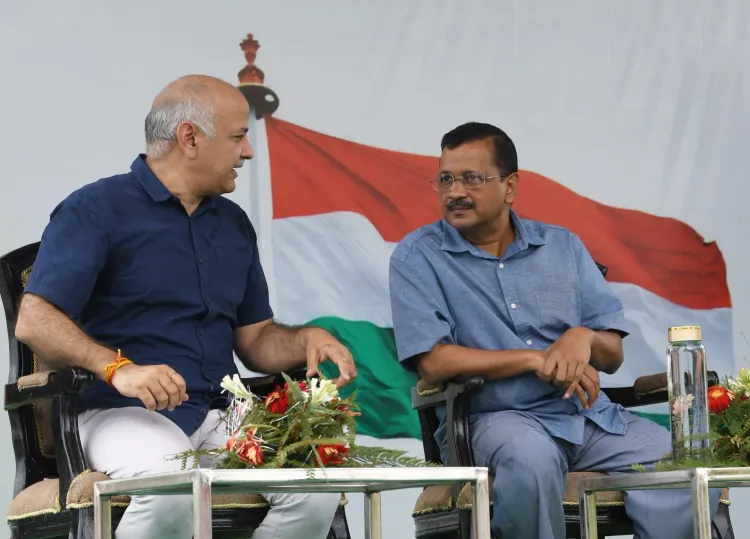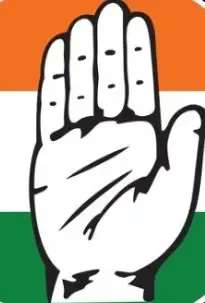CAG Report Reveals Rs 2,000 Crore Loss from Delhi's Liquor Policy

Synopsis
Key Takeaways
- Rs 2,000 crore revenue loss from liquor policy
- Violation of multiple licensing rules
- Increased wholesaler margins harming government income
- Expert recommendations ignored
- Approval violations in liquor vending licenses
New Delhi, Feb 25 (NationPress) The Comptroller and Auditor General (CAG) report, presented in the Delhi Assembly on Tuesday, disclosed that the now-repealed liquor policy, initiated during the AAP administration, incurred a staggering revenue loss of Rs 2,000 crore to the state's finances.
The CAG report was introduced by Delhi Chief Minister Rekha Gupta on the second day of the Assembly session, amid protests from the persistent AAP members, who faced suspension for the day.
The CAG's assessment of the 'performance audit report on liquor regulation and supply in Delhi' has brought the former AAP government under scrutiny, as it highlights numerous financial discrepancies and misconduct within the excise policy.
The incriminating documents, which are in the possession of IANS, serve as a condemnation of the previous administration and disclose how established protocols were breached and necessary procedures overlooked to 'favor' certain individuals close to the authorities.
According to the CAG's findings, there were significant violations of licensing during the development of the liquor policy, and the profit margin for wholesalers was increased, adversely impacting government revenues. The report also indicates that the AAP government neglected expert advice and failed to ensure transparency in granting liquor licenses to bidders.
Some key findings from the CAG are as follows:
- Non-compliance with Rule 35 of the Delhi Excise Rules 2010, which prohibits the issuance of multiple licenses across different categories. Licenses were granted without confirming financial stability, submission of audited financial records, and checking criminal backgrounds.
- The wholesaler margin was raised from 5 percent to 12 percent, which increased their profits but decreased government revenue.
- A lack of transparency and fairness in the entire process. The policy permitted a single applicant to operate up to 54 liquor vends, leading to possible cartelization.
- Expert Committee recommendations were ignored during the development of the 2021-22 excise policy.
- Exemptions and relaxations were granted without the required approval from the Delhi Cabinet or L-G, constituting a severe breach of legal protocol.
- Liquor vends were sanctioned in residential zones without the necessary clearance from the MCD or DDA.
- Weak enforcement against smuggling by the Excise Intelligence Bureau. No measures were taken against smuggling incidents, despite the seizure of illegal consignments, suggesting negligence or collusion.









